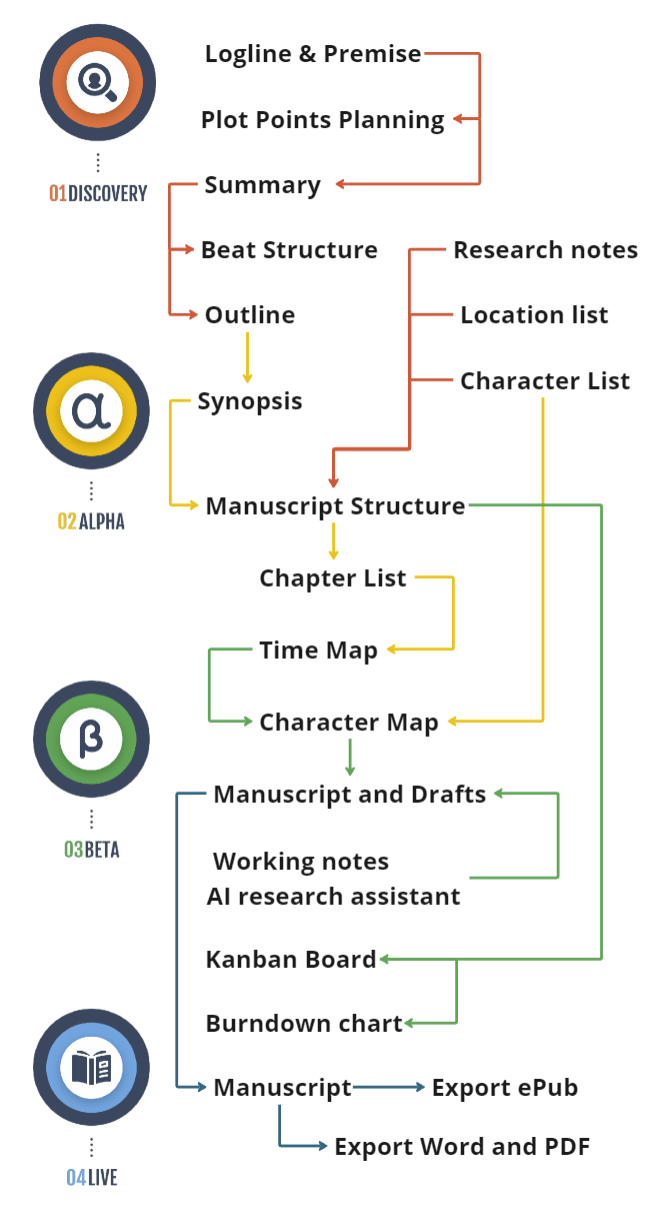In marketing lingo, USP stands for “Unique Selling Proposition.” It’s the factor that sets a product apart from everything else on the market. In writing terms, think of it as your Unique Story Proposition—that special ingredient only you can bring to the table. The problem is, many writers either don’t realize they need one or struggle to pin down what makes them unique. Aren’t all stories variations on a theme? you might wonder. While every tale shares common ground with others, the magic happens when you infuse yours with your distinct perspective.
A “Unique Story Proposition” refers to the core essence that distinguishes your work from other authors in your genre. It could be your voice, the angle you take on familiar topics, or the way your own life experiences shape your storytelling. Rather than trying to reinvent the entire literary wheel, it’s about pinpointing the elements that make readers say, I haven’t quite read anything like this before. That USP becomes your calling card in a crowded literary marketplace.
Every writer—from first-time novelists to seasoned freelancers—benefits from knowing their USP. Beginners might use it to pitch agents or build an online presence that stands out. More established writers might lean on it to stay consistent across multiple books or pivot to a new genre without losing their core readership. The concept even applies to bloggers and nonfiction writers who want a distinct angle that draws a loyal following.
- Reflect on Personal Experiences: Sometimes your USP is hidden in your upbringing, cultural background, or unique hobbies. Bring those elements to the forefront of your storytelling.
- Study Your Genre’s Landscape: Look at what’s already out there—popular tropes, successful authors, emerging trends. Then identify gaps or underserved niches that your voice can fill.
- Listen to Feedback: Ask beta readers or friends what stands out most about your writing. They might highlight a strength you’ve overlooked, such as a knack for witty dialogue or vivid imagery.
- Craft a Concise Pitch: Summarize your USP in one or two sentences. It might be something like, “I blend my background in forensic science with Gothic romance to create dark, suspenseful love stories.” This clarity helps you market yourself effectively.
- Double Down on It: Once you’ve identified your USP, lean into it. Shape your brand, social media posts, and even your cover designs to reflect that unique angle.
In a world brimming with stories, readers have endless choices. Having a clear USP won’t just help you stand out—it’ll anchor your creative process. When you know why your work is different, you can focus on developing that aspect to its fullest potential, sharpening your voice, and building a consistent body of work. Rather than imitating bestsellers, you’ll forge a path that attracts fans who resonate with your authentic edge. Plus, industry professionals—agents, editors, publishers—are more likely to back a project that promises a fresh take rather than a well-worn cliché.
Set aside a few minutes today to brainstorm your Unique Story Proposition. Write down specific elements—personal history, specialized knowledge, a certain tone—that distinguish your work. Then craft a short “elevator pitch” describing it. Ready to claim what sets you apart?




